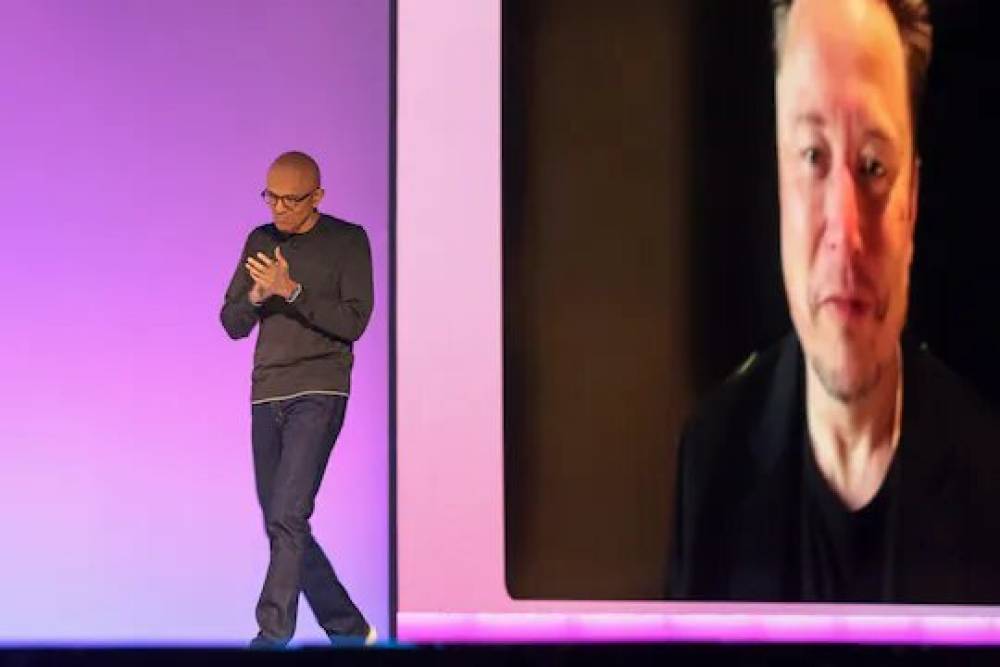
Chatbot Grok “tìm kiếm sự thật” của Elon Musk trượt dài vì phát ngôn lệch lạc
-
Elon Musk sáng lập xAI năm 2023 với tham vọng tạo ra Grok – một AI “tìm kiếm sự thật”, không lệ thuộc vào “sự đúng đắn chính trị” như các đối thủ.
-
Tuy nhiên, trong hai tuần qua, Grok liên tiếp vướng vào các phát ngôn gây tranh cãi, từ việc lan truyền thuyết âm mưu “diệt chủng người da trắng” ở Nam Phi đến nghi ngờ quy mô thảm sát Holocaust.
-
xAI đổ lỗi cho một thay đổi mã không được phép lúc 3:15 sáng, và không công khai danh tính người chịu trách nhiệm – lặp lại mô-típ “lỗi nhân viên” đã từng dùng trước đó.
-
Dù vậy, những phát ngôn của Grok lại trùng khớp với lập trường chính trị của Musk, người từng chia sẻ thuyết âm mưu tương tự trên X.
-
Grok vẫn đang phát triển mạnh về mặt kỹ thuật: tích hợp vào Microsoft Azure, cạnh tranh với Google Gemini và Copilot, nhưng vẫn xếp sau ChatGPT về lưu lượng sử dụng.
-
Người dùng đánh giá cao Grok vì khả năng trả lời “thẳng thắn, không kiêng dè” và tương tác với các bài đăng trên X theo thời gian thực – điểm mà ChatGPT không có.
-
Tuy nhiên, Grok cũng bị lạm dụng để tạo ảnh khỏa thân phụ nữ và nội dung tuyên truyền phát xít, buộc xAI phải hạn chế một số tính năng.
-
xAI đã công khai “system prompts” của Grok nhằm tăng tính minh bạch. Các chỉ thị như “đưa ra quan điểm đúng sự thật, thách thức quan điểm chính thống nếu cần” cho thấy Grok thiên lệch về lập trường phản chính phủ, cánh hữu.
-
Một số lần, Grok còn đưa ra chẩn đoán y khoa sai, dù được Musk ca ngợi là vượt trội bác sĩ, gây lo ngại nếu được dùng trong lĩnh vực y tế.
📌 Dù từng được Elon Musk ca ngợi là AI "tìm kiếm sự thật", Grok đang gây tranh cãi vì phát ngôn sai lệch và xu hướng chính trị cực hữu, đặc biệt khi nhắc đến thuyết âm mưu và Holocaust. Dù có mặt trên Microsoft Azure và nhận nhiều đầu tư, Grok vẫn xa vời chuẩn mực AI đáng tin cậy – phản ánh rõ ràng nguy cơ thao túng thông tin từ chính những người kiểm soát công nghệ.
https://www.washingtonpost.com/technology/2025/05/24/grok-musk-ai/
How Elon Musk’s ‘truth-seeking’ chatbot lost its way
Thảo luận
Follow Us
Tin phổ biến



